Publications
Articles, publications, books, tools and multimedia features from the U.S. Institute of Peace provide the latest news, analysis, research findings, practitioner guides and reports, all related to the conflict zones and issues that are at the center of the Institute’s work to prevent and reduce violent conflict.
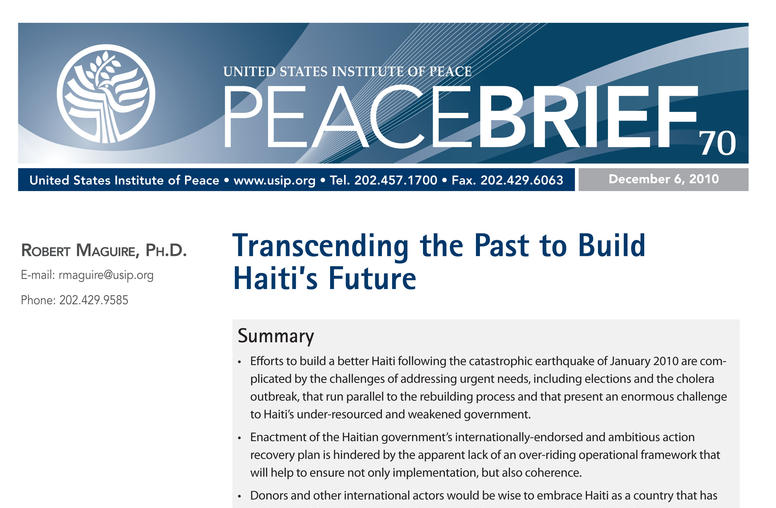
Transcending the Past to Build Haiti’s Future
This Peace Brief is based on a public forum and meeting of USIP’s Haiti Working Group on October 29, 2010. The featured speaker was Michèle Duvivier Pierre-Louis, former Prime Minster of Haiti (2008-2009). Robert Maguire, Chair of USIP’s Haiti Working Group and Associate Professor of International Affairs at Trinity Washington University, was a discussant. Robert Perito, director of USIP’s Haiti Program, served as moderator.
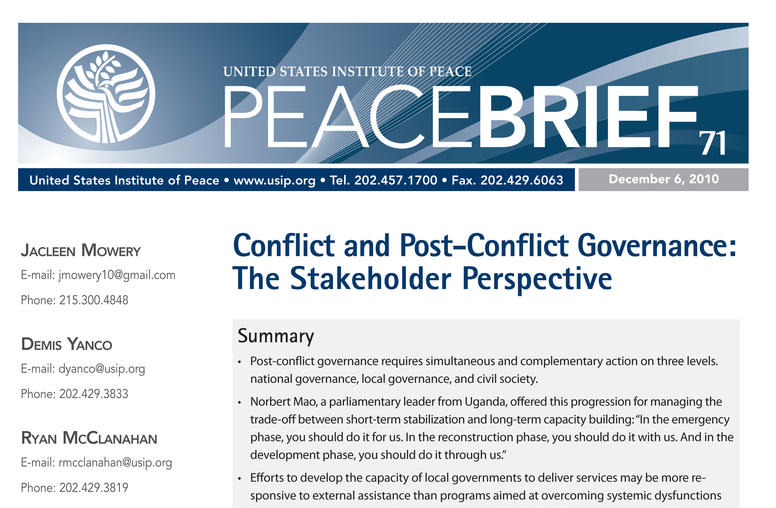
Conflict and Post-Conflict Governance: The Stakeholder Perspective
On May 26-27, 2010, Deloitte Consulting LLP and USIP co-sponsored a conference entitled Conflict and Post-Conflict Governance: The Stakeholder Perspective. The purpose was to draw upon the experiences of national politicians, mayors and civil society in conflict-affected countries to help improve technical assistance programs in the transition from war to peace.
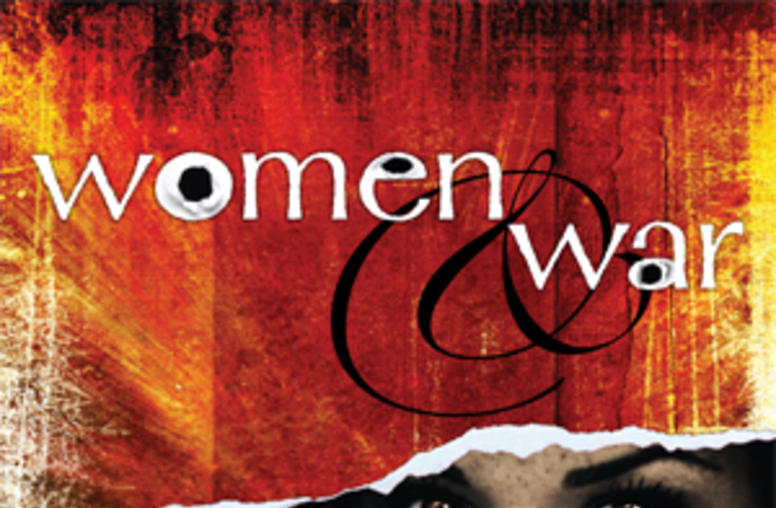
Women and War
In consideration of U.N. Resolution 1325 (which called for women’s equal participation in promoting peace and security and for greater efforts to protect women exposed to violence during and after conflict), this volume takes stock of the current state of knowledge on women, peace and security issues, including efforts to increase women’s participation in post-conflict reconstruction strategies and their protection from wartime sexual violence.
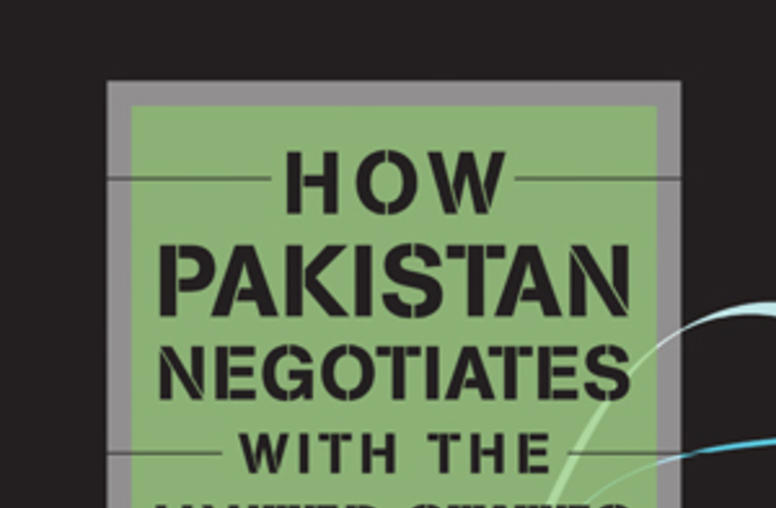
How Pakistan Negotiates with the United States
How Pakistan Negotiates with the United States analyzes the themes, techniques, and styles that have characterized Pakistani negotiations with American civilian and military officials since Pakistan’s independence. Drawing from their vast diplomatic experience, authors Teresita and Howard Schaffer examine how Pakistan’s ideological core, geopolitical position, culture, and military and governmental structures shape negotiations with the United States.

The British State and the Northern Ireland Crisis, 1969-73
Focusing on four case studies, William Beattie Smith traces the evolution of British policy from 1969–73 and depicts how easily a conflict over national identity can turn into bloodshed, grief, and horror; and how difficult it is to restore peace once a serious fight has started.
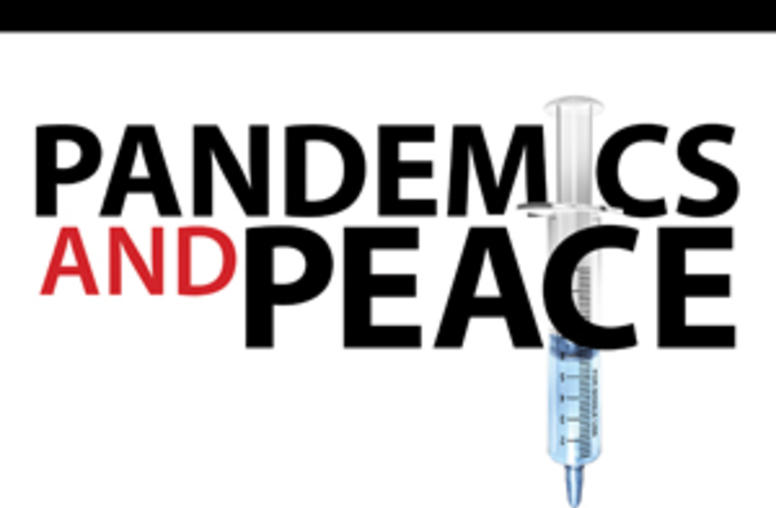
Pandemics and Peace
Pandemics and Peace examines disease surveillance networks of the Mekong Basin, Middle East, and East Africa to answer to interrelated questions: Why is interstate cooperation in an area of national vulnerability occurring among countries with a history of conflict? How do public-private networks deliver transnational public goods (health), and what factors facilitate or impede effective and legitimate transnational governance?

Engaging Extremists
Engaging Extremists concerns negotiation with political terrorist organizations, separating terrorist groups that can be engaged from those that, for the moment, cannot.
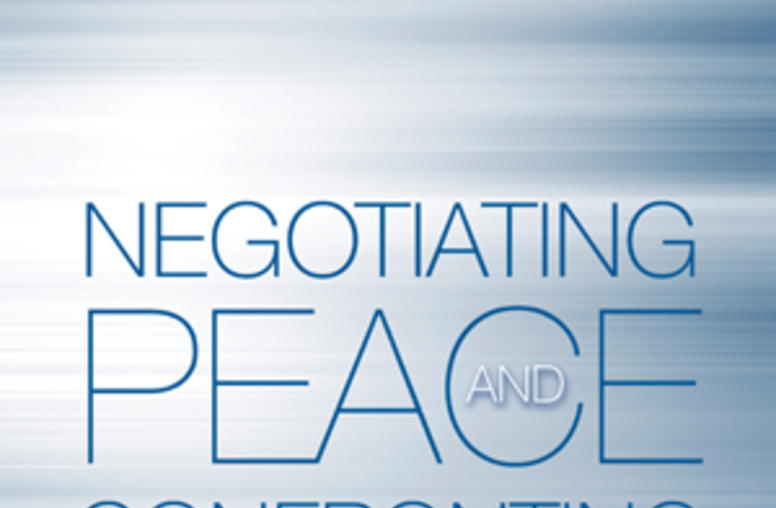
Negotiating Peace and Confronting Corruption
In Negotiating Peace and Confronting Corruption, Bertram Spector argues that the peace negotiation table is the best place to lay the groundwork for good governance.
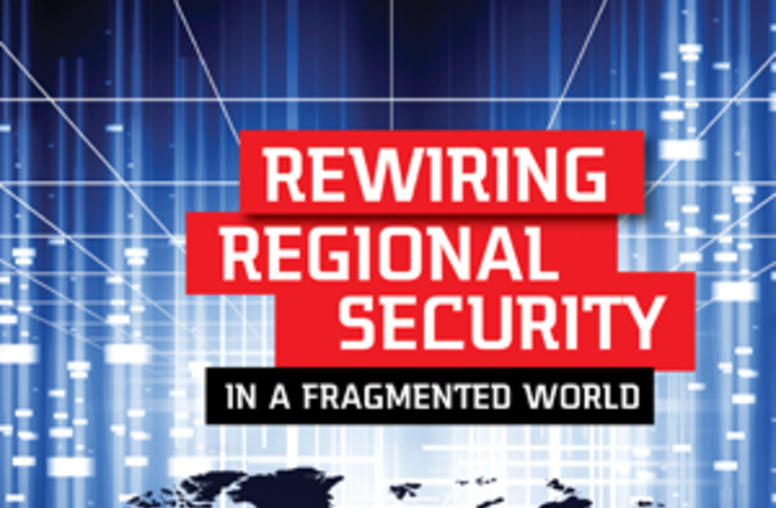
Rewiring Regional Security in a Fragmented World
Rewiring Regional Security in a Fragmented World examines conflict management capacities and gaps regionally and globally, and assesses whether regions—through their regional organizations or through loose coalitions of states, regional bodies, and non-official actors—are able to address an array of new and emerging security threats.
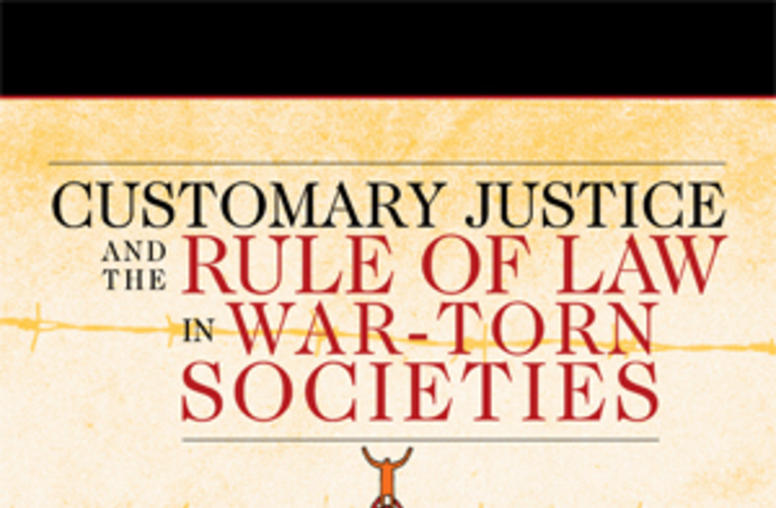
Customary Justice and the Rule of Law in War-Torn Societies
Customary Justice and the Rule of Law in War-Torn Societies presents seven in-depth case studies that take a broad interdisciplinary approach to the study of the justice system. Moving beyond the narrow lens of legal analysis, the cases—Mozambique, Guatemala, East Timor, Afghanistan, Liberia, Iraq, Sudan—examine the larger historical, political, and social factors that shape the character and role of customary justice systems and their place in the overall justice sector.